Pets Care Steps for Daily Pet Happiness
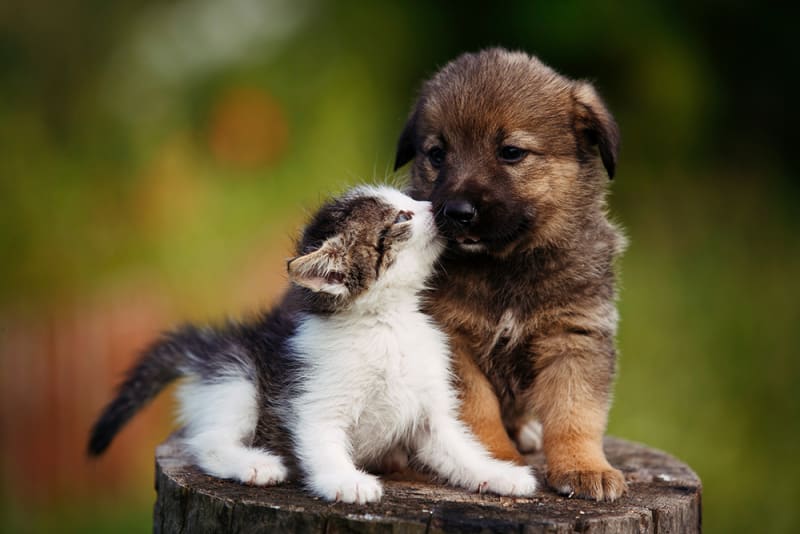
There is more to your pet than just an animal-it is a member of your family. It’s imperative to provide high-quality pet care every day, a responsibility that cannot be overlooked. It doesn’t matter whether this is your first pet or whether you have owned pets for years, making sure they are taken care of properly is essential.
In this guide, we cover everything from feeding and grooming to mental health care and visits to the veterinarian, ensuring your pet is content, happy, and healthy. Let’s dive into the most critical pet care tips every owner must know.
Why Pets Care Matters
Build a Stronger Bond
It is crucial to provide your pets with well-taken care so you can create trust between the two of you. Their sense of safety and love can be enhanced by simple actions like brushing their coat or feeding them on time.
Prevents Illness
Drinking clean water, feeding healthy food, and ensuring pets receive regular checkups are essential components of preventing common illnesses.
Improved behavior
It is easier for your pet to adapt to new situations and environments if he or she is well-cared for, more friendly, and easier to train. It is important for pets to feel well in order to behave properly.

Daily Pets Care Checklist
Developing a daily routine is essential. Using the following checklist will help you get started.
-
Keep your pet healthy and happy by feeding him fresh food
-
Make sure that the water bowl in your pet’s house is changed twice a day
-
Make sure your pets’ fur is brushed (especially long-haired animals)
-
Taking a walk with dogs or playing with cats
-
Litter boxes or potty spots should be cleaned regularly
-
Verify that you are not infected with ticks, fleas, or injuries
Consistency is the key to effective pets care.
Healthy Food Choices for Your Pets
Know Your Pet’s Diet
Pets have unique needs. A dog’s diet differs from a cat’s, and rabbits need different food. Use vet-approved pet food and stay away from human food.
Feeding tips:
-
Clean the bowls before using them
-
The following foods should be avoided: chocolate, onions, grapes, and bones
-
Make sure you don’t overfeed your children by measuring portions
It is essential to provide your pet with a proper diet. It is possible to suffer from health problems due to too much or too little water.
Clean Water is a Must
It is always a good idea to keep a bowl of clean, fresh water nearby. Dirty water can carry bacteria that sicken pets. Change the water at least twice a day and wash the bowl often.
Proper hydration is a basic but essential step in daily pet care.
Grooming Keeps Pets Clean and Happy
Bathing
It is important for dogs to get baths every few weeks. It is usually possible for cats to groom themselves, although they may need assistance if they are old or sick.
Brushing
It is important to brush pets daily to:
-
Identify and remove loose fur
-
Keep your hair tangle-free
-
Make sure there are no fleas or ticks on your pet
Grooming isn’t just about looks—it’s part of basic pet care to keep your skin and coat healthy.
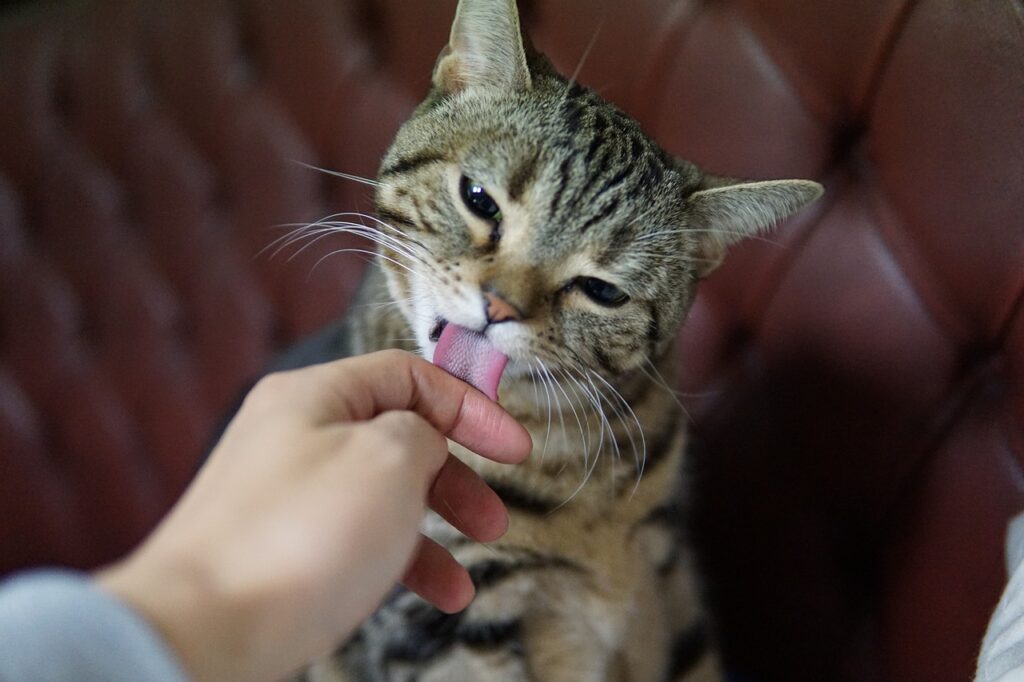
Exercise and playtime
Pets need daily physical activity to stay healthy and burn energy.
Dogs
Walk your dog at least once or twice daily. Play fetch, tug-of-war, or take them to the dog park.
Cats
Keeping your cat entertained indoors is easy with laser toys, string, or cat trees.
The benefits of playtime for pets include reducing stress, fighting obesity, and keeping them healthy.
Mental Health for pets
Additionally, pets can become bored or anxious when they are left alone. Although mental health is often overlooked by pet owners, it has a great deal of significance.
Keep Their Minds Active:
-
Providing puzzles to children
-
Playthings that are new
-
Taking advantage of simple techniques
-
Taking turns hiding and seeking
A happy mind means a healthy pet.
Clean Living Environment
Cleaning your home makes a huge difference in how well your pets are taken care of. Bedding should be washed, cages should be cleaned, and fur should be vacuumed regularly. Take care not to leave any dangerous items lying around, such as loose cords, small objects, sharp instruments, etc.
It is important to maintain clean living spaces for pets in order to prevent illnesses and improve their comfort.
Regular vet visits
The health of your pet should be checked regularly, even if it is healthy. A veterinary visit once or twice a year is recommended for your pet.
Vaccinations & deworming
Stay updated:
-
Rabies
-
Parvo (for dogs)
-
Distemper
-
Deworming schedule
Regular health checks are vital to proper pets care.
Training and discipline
The benefits of training extend to you and your pet. You can save a life by teaching a dog simple commands like “sit,” “stay,” and “come.”
Tips for training:
-
Give rewards such as praise or treats
-
Time your sessions between 10 and 15 minutes.
-
Maintain consistency in your commands
Taking care of a pet properly requires the right training.
Social interaction
Pets are social animals. Dogs love meeting people and other dogs, and cats may enjoy gentle visitors or quiet cuddles.
Make time for interaction daily. Ignoring this part of your pets’ care can lead to behavioral issues.
Special Care for Different Pets
Dogs
-
Need daily exercise
-
Need teeth cleaning
-
Love training and learning
Cats
-
Need scratching posts
-
Prefer a clean litter box
-
Love soft, quiet places
Rabbits
-
Need hay as a main diet
-
Must chew to keep your teeth healthy
-
Should be kept in a large, clean cage
Each species has special pet care needs. Learn about your pet’s breed and habits to provide the most appropriate care.
Travelling with pets
Pets love routines and get anxious when traveling.
Travel tips:
-
Use a secure carrier
-
Bring food, water, and toys
-
Stopping for breaks during long drives
Planning is part of responsible pets care when on the move.

Signs Your Pet Needs Help
Watch out for these danger signs:
-
Not eating or drinking
-
Hiding or acting different
-
Vomiting or diarrhea
-
Limpkins or unusual sounds
If you notice these, call your vet. Smart pet care requires prompt action. Smart pet care requires prompt action.
Budget-Friendly Pet Care Tips
Caring doesn’t have to cost a lot. Here are some affordable pets care ideas.
-
Use homemade toys like cardboard boxes
-
Grooming pets at home
-
Buy pet food in bulk
-
Learn basic training skills
Caring on a budget is still effective care.
Pets Care for Seniors and Special Needs
Older pets need extra love. Give this soft bedding, easy-to-digest food, and gentle walks.
Tips:
-
Ramps should be used instead of stairs
-
Get in touch with your veterinarian more often
-
Consider adding joint support or special diets
Caring for senior pets is a part of lifelong pet care.
Common Pet Care Mistakes to Avoid
Skipping Vet Visits
Waiting too long is a tendency among some owners. GET DOCUMENTS DONE AS EARLY AS POSSIBLE
The wrong diet.
There may be times when it is unhealthy for your pet to feed him or her what he or she “likes”.
Lack of exercise
In the event that a pet is stuck inside all day, he or she may develop health issues and stress.
The routine you follow for caring for your pet will be stronger if you avoid mistakes.
Conclusion
It is our responsibility to provide pets with love, food, comfort, and health. Proper pet care isn’t a choice—it’s our duty as pet parents. From brushing to walking, training to cuddling, every moment counts.
Start with the basics, follow a routine, and keep learning as your pet grows. In return, you’ll receive loyalty, joy, and unconditional love. A well-cared-for pet is a happy pet—and a happy pet makes a great home.
FAQs
1. How often should I bathe my pet?
If your dog is dirty, bathe him every 3-4 weeks. Cats usually clean themselves unless they are sick or elderly.
2. What food is suitable for pets?
Use pet food approved by your vet. Avoid sweets, chocolates, and leftovers.
3. How much playtime do pets need?
Dogs need at least 30–60 minutes. Cats need 15–30 minutes of active play daily.
4. Can I groom my pet at home?
Yes! Brushing, nail trimming, and simple baths can be done at home with care.
5. How often should I take my pet to the vet?
Once a year for healthy pets, more often if they are old or have health issues.



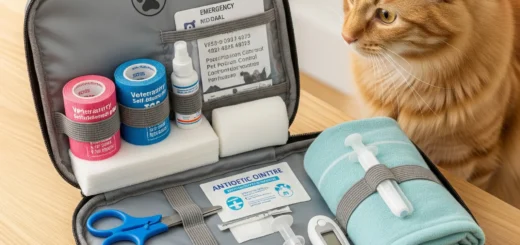
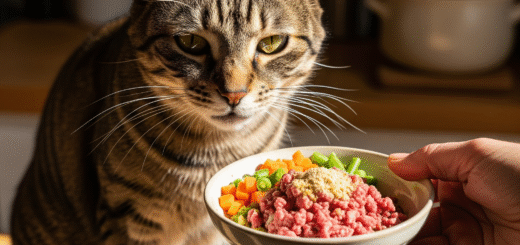
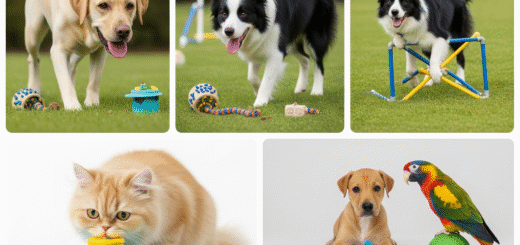










Recent Comments